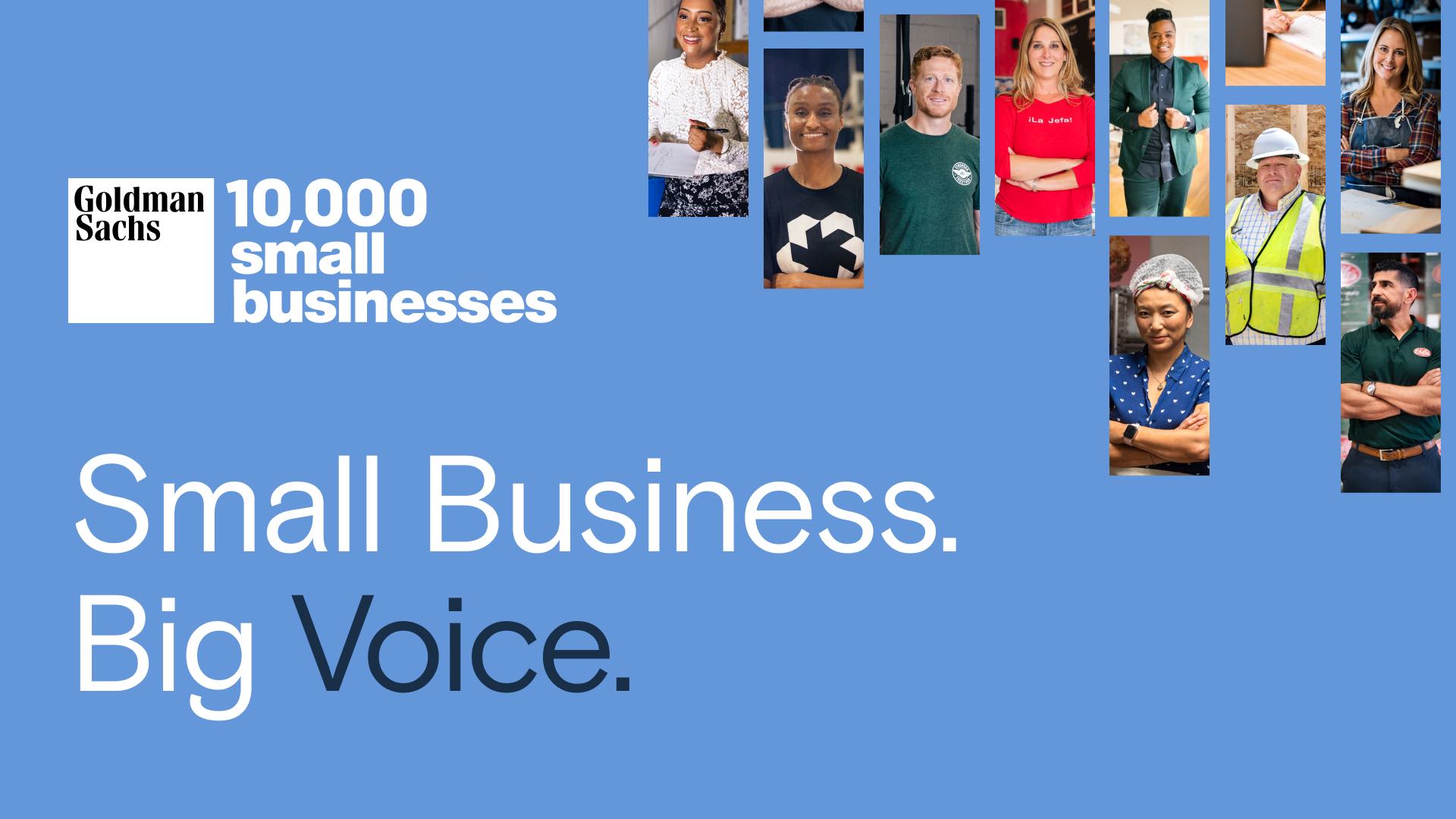Plus: Top soft skills | Thursday, July 21, 2022
| | | | | | | Presented By Goldman Sachs | | | | Axios Finish Line | | By Mike Allen, Erica Pandey and Jim VandeHei ·Jul 21, 2022 | | Jul 21, 2022 | | Welcome back. Axios CEO Jim VandeHei is your host tonight. Reach him at jim@axios.com. - Smart Brevity™ count: 441 words ... 2 mins.
| | | | | | 1 big thing: The selfish benefit of selflessness |  | | | Illustration: Lindsey Bailey/Axios | | | | The best people and leaders put their friends, colleagues and company above their own ambition, Jim writes. Why it matters: It's often the wild CEOs with cutthroat cultures who get featured in books or HBO shows. But the most successful — and happy — leaders we know realize their own selfish ambitions by genuinely serving others. - This sounds counterintuitive. But particularly in this era of valuing inclusion and purpose at work, people want to do things for people who do things for others.
- This is like a magnet, attracting other talented people of high character who want and cheer for you to succeed. You, in turn, benefit.
- The opposite is true, too: You can win a battle or an early promotion by being an ass or hiding your self-obsession. But it will bite you or bring you down eventually. Or leave you lonely at the top. Both outcomes are terrible.
This helps explain the massive surge in companies seeking leaders with soft skills, including high emotional intelligence. - The next wave of great CEOs will have a healthy mix of strong opinions and intuition, risk-taking courage, and high EQ.
We're all selfish and ambitious in some respects. That's actually great: It motivates and stimulates us. - But if you can train yourself to be more selfless by freezing big moments in your mind and looking at them through others' eyes, needs and wants — you'll see big returns.
This works in business and life. My co-author Mike Allen is the one who turned me on to the power of it at work. - He noted how he always treats everyone the same, regardless of status, and always looks for chances to serve.
- He doesn't do this because he wants something in return. But he's amazed how often those same people do big things for him down the road.
Here's the best part: You can train yourself to do this. - Start small. Look for one chance each week to help a colleague, your team or a friend — and seek no credit for it.
- Check back six months later. I bet you'll see a noticeable improvement in your relationships, standing and happiness.
Share this story. |     | | | | | | A message from Goldman Sachs | | Policymakers must do more to help small businesses | | |  | | | | Today's economic environment is tough for America's small businesses. A new survey of Goldman Sachs' 10,000 Small Businesses, a network of 245,000 employees creating $17 billion in annual revenues, found 93% are worried about a recession. Policymakers should be doing more to help. | | | | | | 💡 The ingredients | | Here are the top soft skills that make today's CEOs succeed, from a Harvard Business Review analysis: - A high level of self-awareness.
- The ability to listen and communicate.
- The ability to work with different types of people.
- The capacity to infer what others are thinking and how they're feeling.
|     | | | | Thanks for reading. Invite your friends to sign up. |  | | Are you a fan of this email format? It's called Smart Brevity®. Over 300 orgs use it — in a tool called Axios HQ — to drive productivity with clearer workplace communications. | | | | | | Axios thanks our partners for supporting our newsletters. If you're interested in advertising, learn more here.
Sponsorship has no influence on editorial content. Axios, 3100 Clarendon Blvd, Arlington VA 22201 | | | You received this email because you signed up for newsletters from Axios.
Change your preferences or unsubscribe here. | | | Was this email forwarded to you?
Sign up now to get Axios in your inbox. | | | | Follow Axios on social media:    | | | | | |
Post a Comment
0Comments